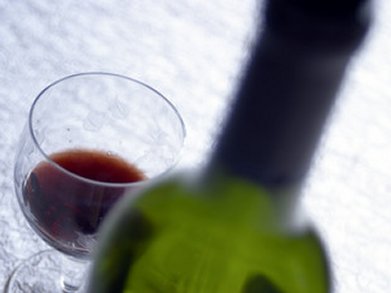The production of quality wines requires measures to control oxidation processes. Wine, in fact, contains traces of iron and other transition metals that catalyze the nonenzymatic oxidation of its components, thereby causing the loss of compounds that determine the aroma.
According to Gal Kreitman, Pennsylvania State University, State College, PA, USA, and colleagues selective iron chelators are powerful inhibitors of wine oxidation. The team demonstrated that the FeII chelators bipyridine and ferrozine act during the early stages of oxidation, thereby preventing the formation of key markers of wine oxidation, such as the 1-hydroxyethyl radical. FeIII-chelating compounds, such as EDTA and phytic acid, were more effective than bipyridine and ferrozine in inhibiting oxidation over prolonged periods of time. Both types of chelating compounds, moreover, prevented the loss of 3-mercaptohexan-1-ol, an important aroma-determining thiol.
Although the iron-chelating compounds analyzed in this study cannot be used as food additives, the work points out an important strategy to preserve wine aroma, and could prompt the development of food-grade Fe chelators.
- Effect of Metal Chelators on the Oxidative Stability of Model Wine,
Gal Y. Kreitman, Annegret Cantu, Andrew L. Waterhouse, Ryan J. Elias,
J. Agric. Food Chem. 2013, 61, 9480–9487.
DOI: 10.1021/jf4024504





please give me more informatiom about wine chemistry
You might find something of interest here:
http://www.chemistryviews.org/view/0/searchResults.html?term=wine